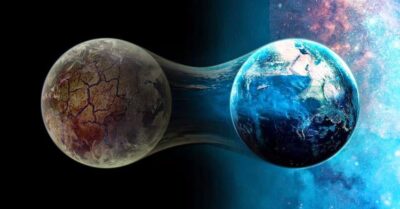
Something big shifted in February. For those not into consciousness and still seeing the world through logical eyes, this might be challenging to prove. But for those who sense the world through feeling and connection and with a love of all things energetic and consciousness, this will come as no surprise.
Over the past year, consciousness innovators have been sourcing relationship with and becoming the sentient, infinitely intelligent power of the universe quantum leaping into new creation over and over again, offering us the opportunity to become infinite creators like never before. The reality we dwell and create in is magical and miraculous. We see the evidence of that all around us in practical and amazing ways every day. We see the Earth as an incredible being with a unified collective of all the species, trees, oceans, skies, clouds, etc. all personifying the Force of an infinite universe now.
This reality, this consciousness, this state of being has been growing more present and real throughout 2020. But in February 2021 a corner was turned and for those of us with eyes to see, this consciousness, along with the Earth and all her species, became the primary power force on the planet, replacing the hierarchical / patriarchal power paradigm of the past. Yes, I know, you still see it there, but you should know that it’s fading fast in the power of all of us (whales, trees, Nature and humans included) who are operating now as infinite creators.
We pull quantum creation from the air (consciousness) around us. We energise daily the magnificence of all people and species. We source what appears to be miraculous outcomes in aligned quantum flow. Because we have discovered what Yoda sought to teach us … that we ARE the Force surging and leaping through the universe to elevate Life like never before. And now, we’re on the game of a magnificently thriving Earth and we know how to make it so. How?
- Know your own magnificence. Revel in it. Unleash it. Celebrate it.
- Be in awe at the breathtaking beauty that is Nature & the Earth.
- Feel the connection to all forms of Life and feel the wonder that we all are.
- Know that the air around you is filled, in fact flooded, with genius ideas, magical solutions and quantum innovation. Call it, breathe it, pulse it out into life through your every action.
- See the infinite being in every person and creature you meet. Call present the bountiful and beautiful power they are as infinite creators.
- See the world as new like never before and then take every opportunity you can throughout your days to make it even more wonderful.
- Be the Force. Let the power of Life flow effervescently through you lifting you to heights you never imagined you could achieve.
For this is who we are now and remaking the world into something even more breathtakingly awesome is what we are about.
About the Author
Soleira Green is passionate about innovating a new future now, bringing genius, connection, greatness and the miraculous into the game for us all.



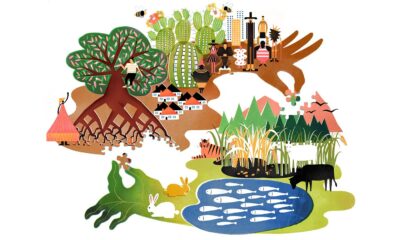
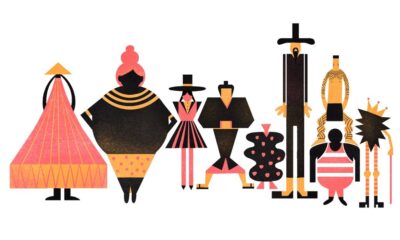
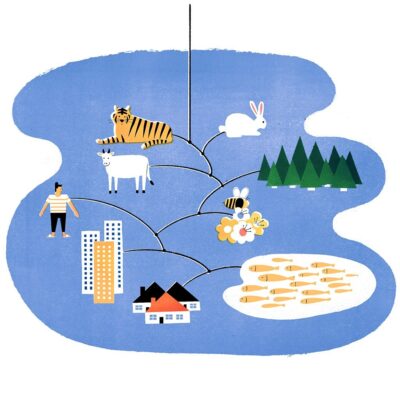

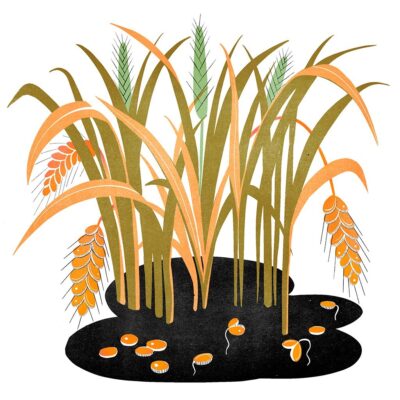
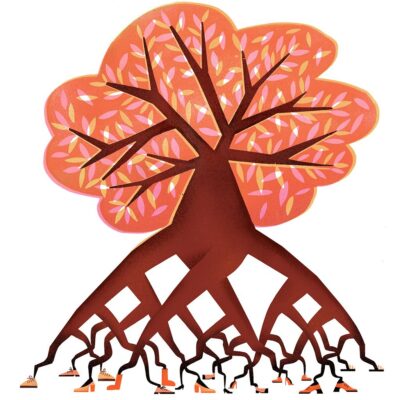
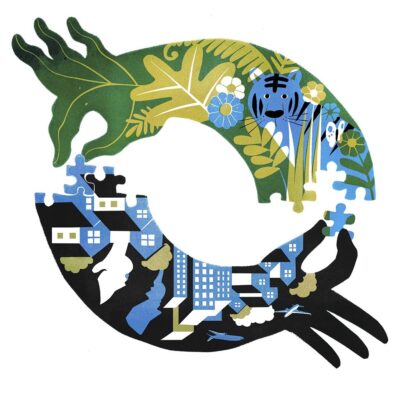


 Many countries in the world have been going through lockdown and quarantine. In some places this has been the norm for almost a year now. During this period, I have been reflecting on the good and bad things about it.
Many countries in the world have been going through lockdown and quarantine. In some places this has been the norm for almost a year now. During this period, I have been reflecting on the good and bad things about it.